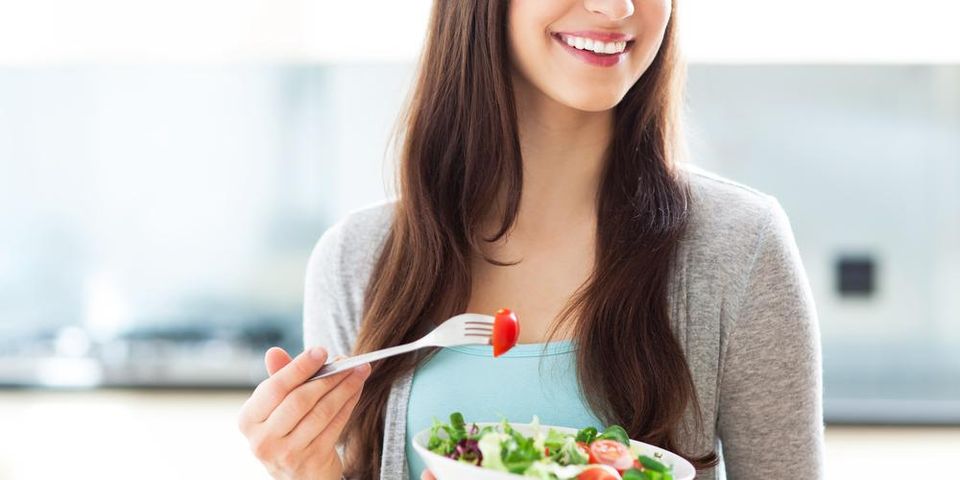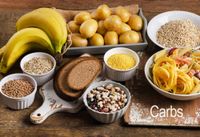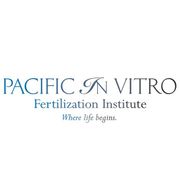The Do's & Don'ts of Nutrition During IVF Treatments

For many women and their partners, in vitro fertilization offers them the chance to conceive a child when other methods have failed. While the IVF method has proven to be successful for thousands of hopeful parents, it’s still not guaranteed. Therefore, it’s important that any families undergoing this treatment take the steps necessary to ensure it is a success. This includes eating a well-rounded, healthy diet. Read on for the do’s and don'ts of nutrition during IVF treatment.
Do:
Eat complex carbs.
When it comes to healthy nutrition for conception, a mother should plan a diet of four to six small, well-rounded meals a day. Each of these should include a complex carbohydrate, such as quinoa, brown rice, sweet potato, or oatmeal. These types of carbs are critical in helping ensure your cells have the proper energy they need to support a healthy reproductive system.
Increase your zinc.
Additionally, eating a diet rich in zinc is another important part of proper nutrition during IVF treatment. Zinc is essential in helping a woman maintain the ideal male and female hormone levels necessary for conception. Examples of zinc-rich foods include beans, lean meat, dairy, nuts, and whole grains.
Go organic.
 IVF specialists also recommend eating plenty of organic foods, such as seeds, nuts, and leafy greens like kale or spinach. These foods are packed with vitamins and nutrients that will help a hopeful mother produce healthy eggs and promote embryo implantation.
IVF specialists also recommend eating plenty of organic foods, such as seeds, nuts, and leafy greens like kale or spinach. These foods are packed with vitamins and nutrients that will help a hopeful mother produce healthy eggs and promote embryo implantation.
Don’t:
Drink alcohol.
While drinking a lot of fluids is extremely important during IVF treatment, there are several types of beverages to stay away from. Doctors advise avoiding alcohol consumption to improve the chances of conception, as well as to protect the baby’s development after it is conceived.
Ingest excess caffeine.
Doctors also advise women hoping to conceive via IVF to limit their caffeine intake. This includes coffee, sodas, sports drinks and some fruit juices. Unfortunately, drinking more than five cups a day of caffeinated beverages can greatly increase a woman’s risk of miscarriage.
Indulge in refined sugars.
Any food or beverages that include refined sugar should also be avoided during IVF. Unlike complex carbs, the body burns sugar quickly, causing extreme spikes and dips in your blood sugar throughout the day. These inconsistent insulin levels can cause a reduction in a woman’s fertility.
Interested in learning more about how in vitro fertilization can help you achieve your dream of having children? Pacific In Vitro Fertilization Institute, Hawaii’s first fertility clinic, has been providing couples with infertility treatment options since 1985. Based in Honolulu, their team of infertility specialists strives to help couples make their parenting dreams a reality. To learn more about treatments from Hawaii’s best fertility clinic, give Pacific In Vitro Fertilization Institute a call at (808) 946-2226 or visit them online.
About the Business
(3 reviews)
Have a question? Ask the experts!
Send your question

